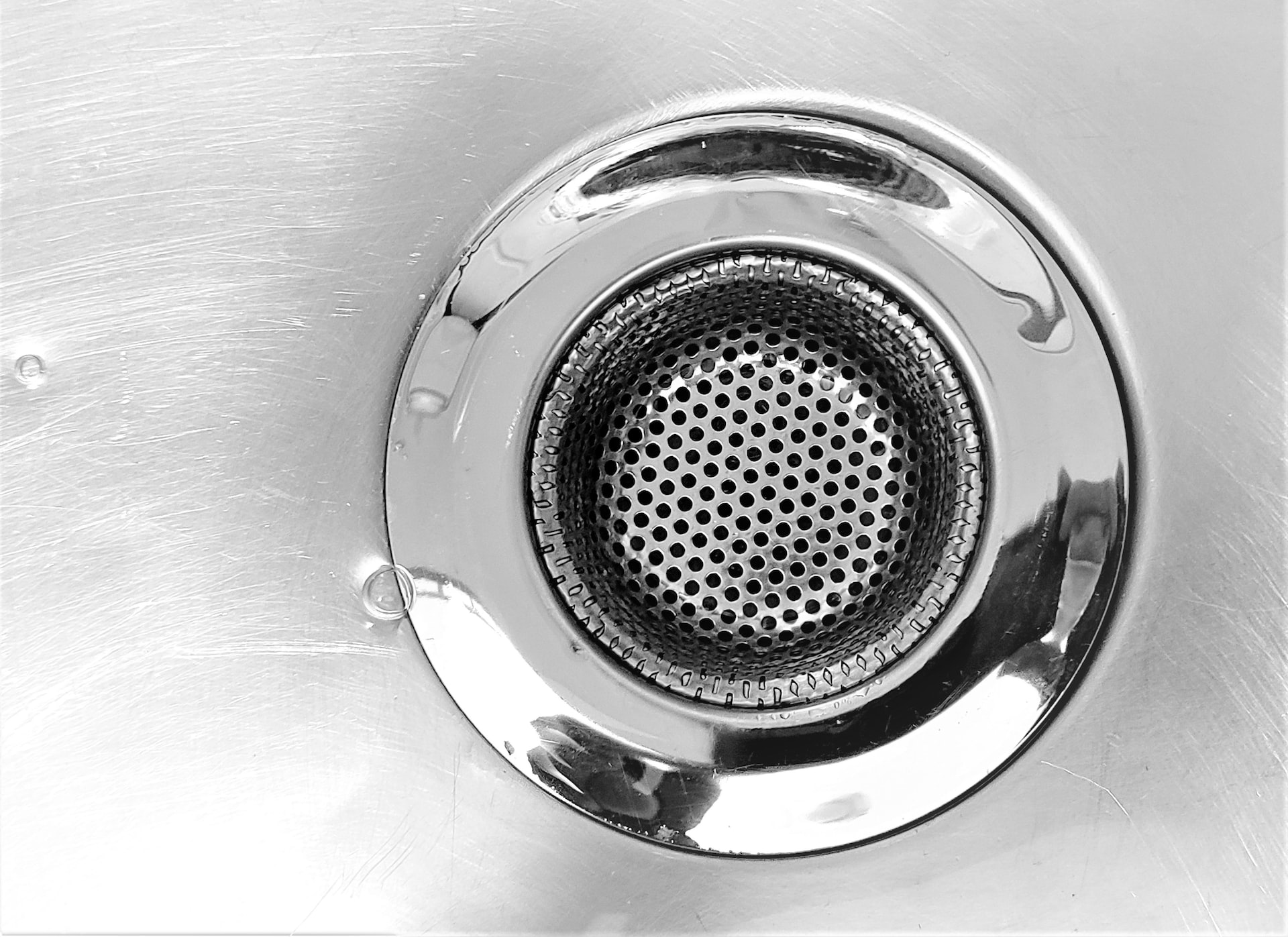Whether you’re a seasoned homeowner or recently moved into your first apartment, you probably dread a clogged sink or toilet, you’ve probably heard of plumbing snakes. How do plumbing snakes work, when are they a good option, should you invest in one to keep under your kitchen sink, and when should you hire a professional? This article will answer all your plumbing snake questions.
What is a Plumbing Snake and How Does it Work?
A plumbing snake is a long, flexible piece of metal, like a tightly-wound spring, usually with a corkscrew-like attachment at the end. The “snake” is coiled up in a casing, and the end can be fed into a clogged drain. Once inserted, the plumbing snake is extended into the drain by a hand crank or by machine. It spins as it goes down the drain, with the corkscrew grabbing debris like hair to remove clogs.
When is using a Plumbing Snake a Good Idea?
Plumbing snakes can collect fiber clogs well, like hair, lint, and plant debris. However, they can have some downsides. A plumbing snake won’t be able to remove build up on the sides of pipes, other than what it happens to scrape against, which means it is often short-term fix for many clogged drains. In addition, the metal can do damage to some pipes if used incorrectly, scraping off finishes—or, if stuck at a bend, potentially damaging the plumbing snake itself.
Should I Buy a Plumbing Snake for DIY?
A hand-crank plumbing snake is small, relatively easy to operate, and not particularly expensive, so they are often a suggested purchase for new homeowners, particularly in a home with older plumbing that may be prone to clogs. And it’s true that having a plumbing snake on hand can get you out of a jam.
However, for the layperson, they may cause more trouble than they’re worth. Plumbers often get calls from frustrated homeowners who have a DIY plumbing snake halfway down the drain that they can’t pull back up. Even if you’re operating it correctly, you may find that you aren’t fully clearing the drain, and it becomes an annoying and messy chore that you have to do again and again. In the worst cases, homeowners do damage to their sink, tub, or toilet, or even to the pipes themselves, and find themselves with a plumbing problem that is much more expensive than what they started with.
When Should I Hire a Plumber?
A professional plumber can assess the drain problem based on where it is, what your pipes are made of, and how your plumbing is laid out. If a snake is the best solution, they will be able to take care of it efficiently, and if another solution is a better option (or there are long-term issues that you need to be aware of), they will be able to help you make plans for the future.
Many contractors and seasoned DIYers suggest leaving all plumbing problems to the professionals, because a small issue can become a big one (and a MESSY one) quickly.
We hope this helps you to prepare for clogged drains. If you have a problem with your plumbing, give us a call! Contact us for speedy and trustworthy emergency drain services anytime, 24 hours a day.


